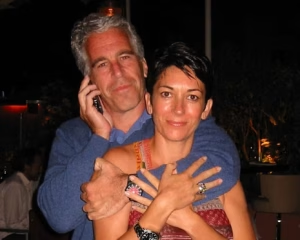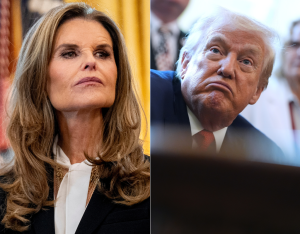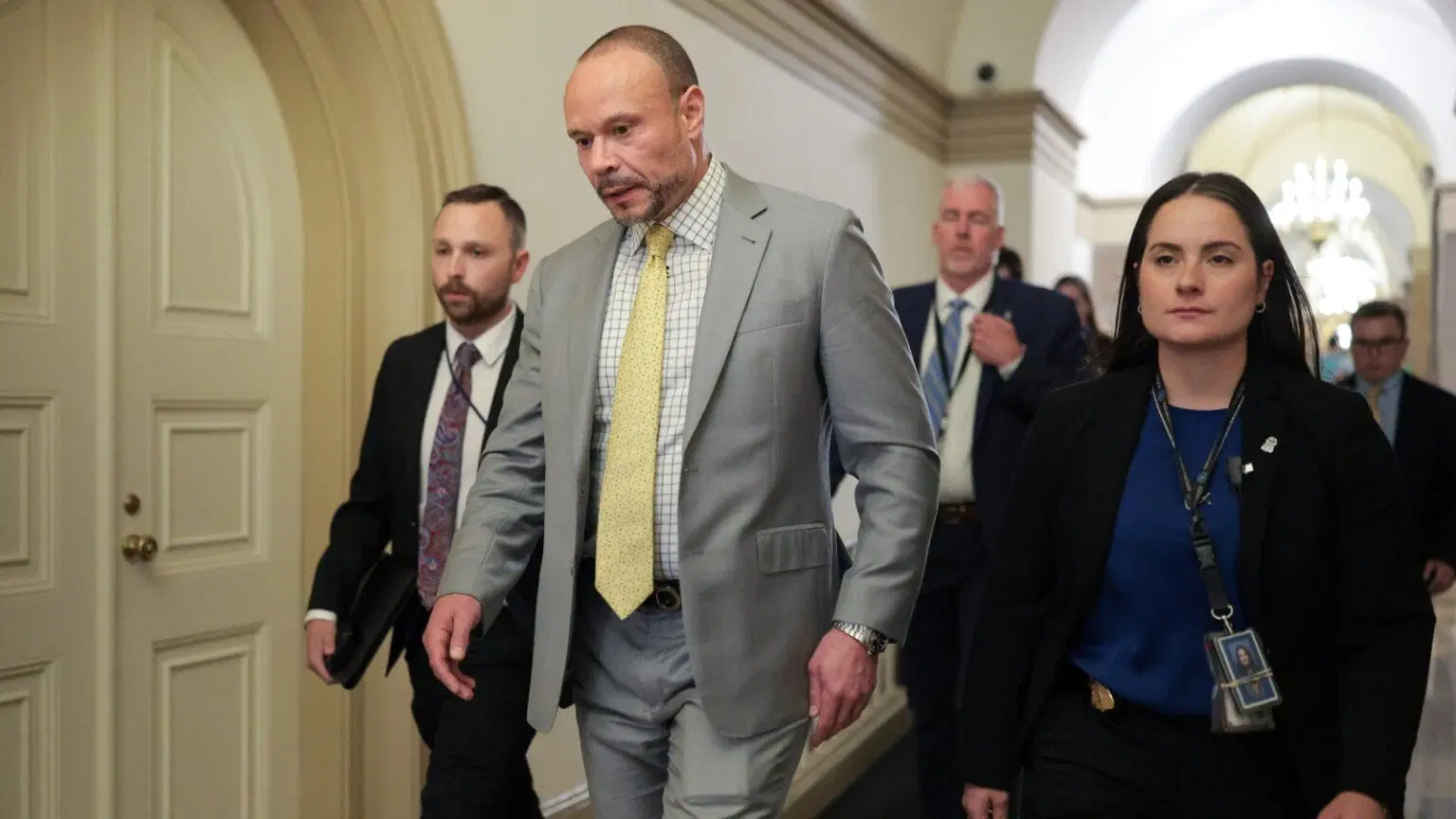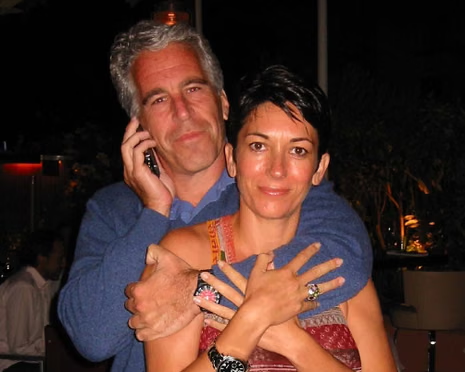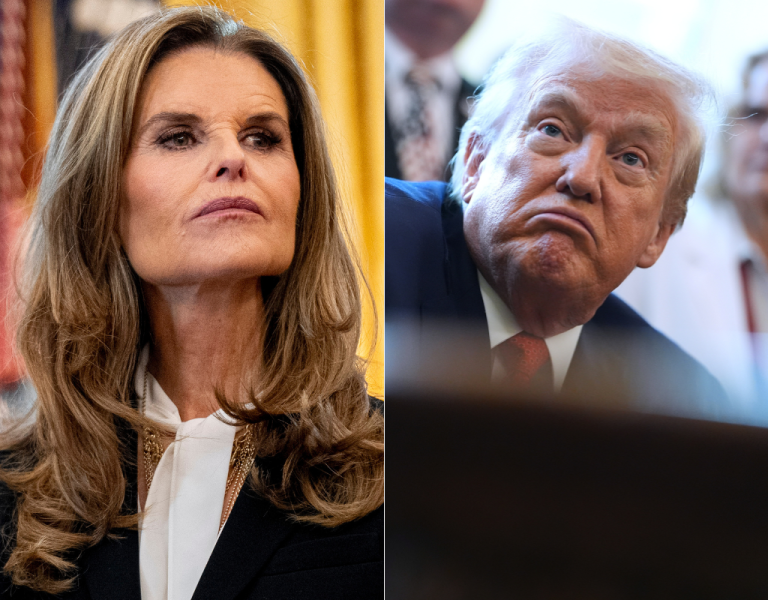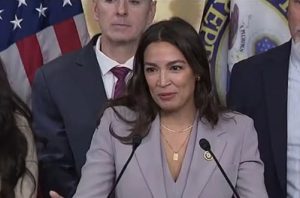Bongino’s Future At FBI in Question After Bondi Brings in Co-Deputy Director
The FBI is once again at the center of political intrigue, this time surrounding its leadership structure. In a move described as both unprecedented and strategic, Attorney General Pam Bondi and FBI Director Kash Patel announced the appointment of Missouri Attorney General Andrew Bailey as co-deputy director of the bureau. The appointment has raised questions not only about the future of Bailey but, more significantly, about the standing of current Deputy Director Dan Bongino, whose role has become increasingly uncertain following reported clashes with Bondi.
A Historic Shift in FBI Leadership
For decades, the Federal Bureau of Investigation has operated under a clear chain of command. The director has been the singular head, supported by a deputy director who traditionally oversees the bureau’s day-to-day operations. That system has been challenged with Bondi and Patel’s announcement. By installing Andrew Bailey alongside Bongino, the bureau now has two deputy directors — a first in FBI history.
Bondi praised Bailey’s appointment, pointing to his background as a decorated war veteran and his tenure as Missouri’s attorney general. She described him as a leader of integrity with the toughness needed to execute President Trump’s broader law-and-order agenda. Supporters argue Bailey’s experience in both law and military service provides the FBI with a steady hand during turbulent times.
Deputy Attorney General Todd Blanche amplified that message, posting on social media that Bailey had a proven record of “taking on the swamp” and defending constitutional principles. His reputation as an aggressive prosecutor who isn’t afraid of political battles likely made him an appealing choice for Trump-world, where loyalty and combativeness are prized traits.
Dan Bongino’s Strained Standing
For Bongino, the news has only fueled speculation that his tenure as deputy director may be drawing to an end. A former Secret Service agent and conservative commentator, Bongino was tapped earlier this year to bring a more outspoken, aggressive approach to the FBI’s leadership. His appointment initially energized Trump’s supporters, who saw in him a no-nonsense figure who would challenge entrenched bureaucratic forces.
But his time in the post has been overshadowed by controversy, most notably a falling out with Bondi over how to handle files connected to the late financier Jeffrey Epstein. Reports suggest Bongino resisted internal pressure to suppress sensitive documents and footage tied to Epstein, while Bondi and other officials sought a more cautious approach. The clash reportedly left Trump frustrated, and it has cast a shadow over Bongino’s relationship with both the attorney general and the White House.
Since that dispute, colleagues say Bongino has largely withdrawn from the FBI’s daily operational grind, creating a leadership vacuum that Bailey’s appointment may now be intended to fill. His brief and muted response to Bailey’s appointment — a simple “Welcome” with three American flag emojis — only intensified chatter that his role is being quietly minimized.
The Bailey Factor
Andrew Bailey enters the FBI at a moment when the bureau faces heightened political pressure. Before Trump’s second inauguration, Bailey had been considered for the director position itself but was reportedly passed over because the president wanted a more aggressive “legal bulldog” at the helm. Kash Patel was ultimately chosen, with Trump betting on Patel’s loyalty and hardline approach.
Bailey’s selection as co-deputy director may now serve two purposes. First, it provides Patel with a trusted ally in the upper ranks. Second, it creates a succession plan should Bongino step down or be formally eased out. Insiders note that Bailey’s resignation as Missouri’s attorney general — a job he described as the honor of his career — signals that he sees the FBI as a long-term opportunity. His statements of gratitude toward Trump and Bondi emphasized his commitment to advancing their agenda.
Reactions From Across the Spectrum
The move has drawn sharp responses across political lines. Supporters argue that Bongino’s outspoken style, while popular with the conservative grassroots, has been a liability inside the FBI, an agency that requires precision, diplomacy, and operational steadiness. Critics of the administration, meanwhile, see Bailey’s appointment as a thinly veiled demotion for Bongino.
MSNBC host Rachel Maddow told viewers that Fox News reporting indicated Bongino was “effectively out” of the bureau’s leadership after clashing with Bondi. Democratic strategist Max Burns added that the White House seemed to be “quietly managing him out of the FBI.” These interpretations, however, remain speculative, as the White House has not made any public statement indicating Bongino’s removal.
For now, Bongino remains in his position, albeit with a diluted authority. The question is whether his outspoken brand of leadership can coexist with Bailey’s more traditional prosecutorial style — or whether the bureau is setting the stage for a graceful exit.
The Epstein Files Dispute
At the center of Bongino’s troubles lies the controversy surrounding Epstein-related material. Bondi has sought to balance transparency with what she argues are legitimate legal constraints on disclosure. Bongino, by contrast, reportedly pushed for more openness, believing the FBI could not afford to appear as if it was shielding elites.
The dispute escalated to the point that Trump himself had to intervene, according to multiple reports. For Trump, who campaigned on draining the swamp and exposing corruption, the optics of withholding Epstein files could be politically damaging. But the legal risks of premature disclosure left the administration divided, and Bongino’s defiance of Bondi’s preferred strategy placed him on thin ice.
A Test of Trump’s Leadership Strategy
The decision to appoint Bailey as co-deputy director highlights Trump’s management style in his second term: rewarding loyalty while also creating overlapping power structures that prevent any one figure from becoming indispensable. By placing Bailey beside Bongino, Trump and Bondi ensure they have options, while also sending a message to Bongino that his position is no longer secure.
Trump has shown throughout his political career that he values loyalty above almost all else. Bongino’s independence, once seen as an asset, may now be interpreted as insubordination. Bailey’s arrival ensures that even if Bongino continues in his role, he will not have the same level of autonomy.
What’s Next for the FBI?
The bureau now enters uncharted territory with two deputy directors. How Patel intends to divide responsibilities between Bongino and Bailey remains unclear. Traditionally, the deputy director oversees everything from personnel to investigations to operational priorities. Splitting that authority could create confusion or, conversely, healthy checks and balances.
If Bongino remains sidelined, Bailey could naturally assume more of the daily leadership role, effectively becoming the de facto sole deputy director. On the other hand, if the two can find a way to work together, Patel may leverage their contrasting styles to the bureau’s advantage — Bongino as the outspoken figure appealing to the conservative base, and Bailey as the polished administrator capable of running operations smoothly.
Conclusion
Dan Bongino’s future at the FBI is far from certain. The appointment of Andrew Bailey as co-deputy director is both a groundbreaking and controversial move, signaling either a new era of shared leadership or the beginning of Bongino’s gradual exit.
While the White House insists Bongino remains in place, his influence appears diminished following his clash with Pam Bondi over the Epstein files. Bailey’s arrival not only reshapes the bureau’s leadership but also reflects Trump’s preference for building parallel power structures that maximize loyalty and minimize risk.
The next few months will determine whether Bongino can adapt to this new arrangement or whether he will join the list of Trump-era officials who rose quickly to prominence only to be sidelined just as fast.
https://twitter.com/themaxburns/status/1957888974284054549

James Jenkins is a celebrated Pulitzer Prize-winning author whose work has reshaped the way readers think about social justice and human rights in America. Raised in Atlanta, Georgia, James grew up in a community that instilled in him both resilience and a strong sense of responsibility toward others. After studying political science and creative writing at Howard University, he worked as a journalist covering civil rights issues before dedicating himself fully to fiction. His novels are known for their sharp, empathetic portraits of marginalized communities and for weaving personal stories with broader political realities. Jenkins’s breakout novel, Shadows of Freedom, won national acclaim for its unflinching look at systemic inequality, while his more recent works explore themes of identity, resilience, and the fight for dignity in the face of oppression. Beyond his novels, James is an active public speaker, lecturing at universities and participating in nonprofit initiatives that support literacy and community empowerment. He believes that storytelling is a way to preserve history and inspire change. When not writing, James enjoys jazz music, mentoring young writers, and traveling with his family to explore cultures and stories around the world.
